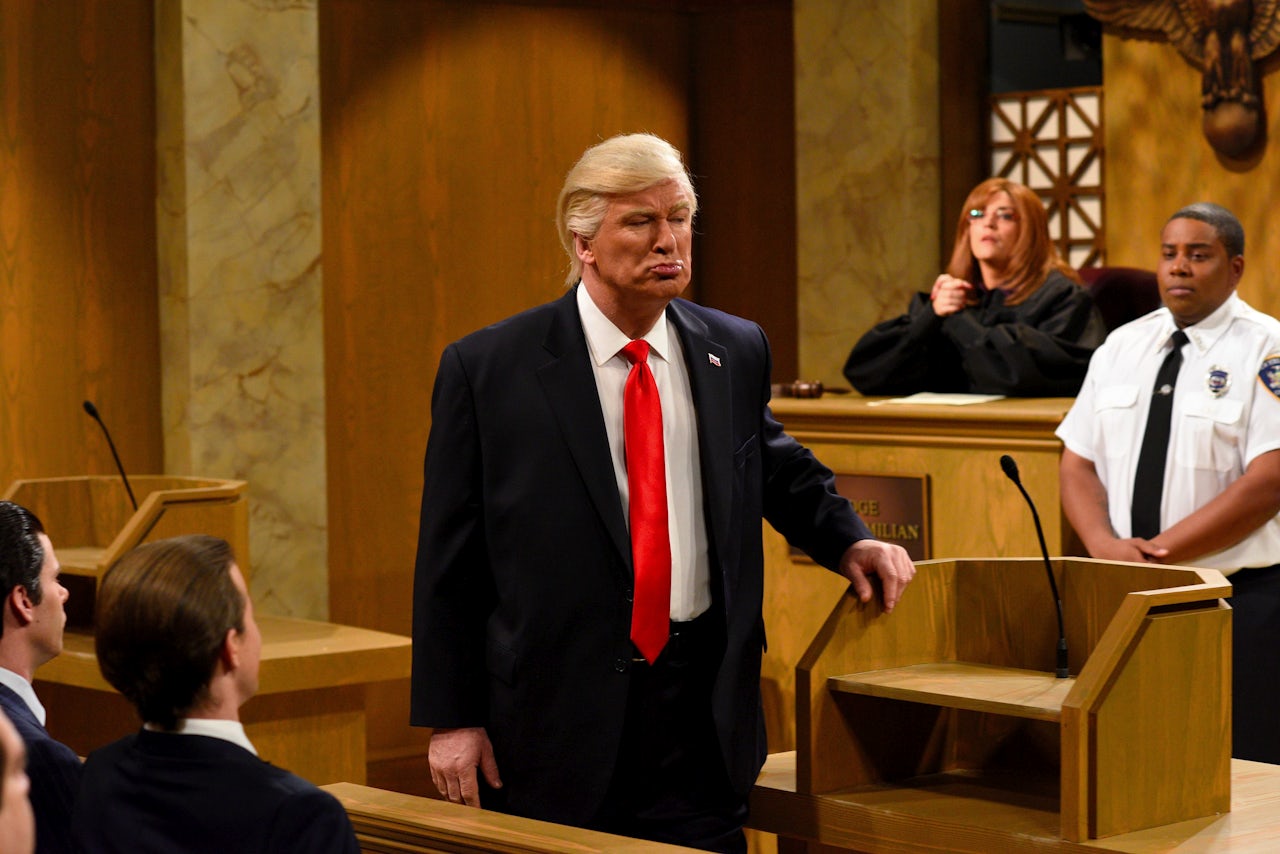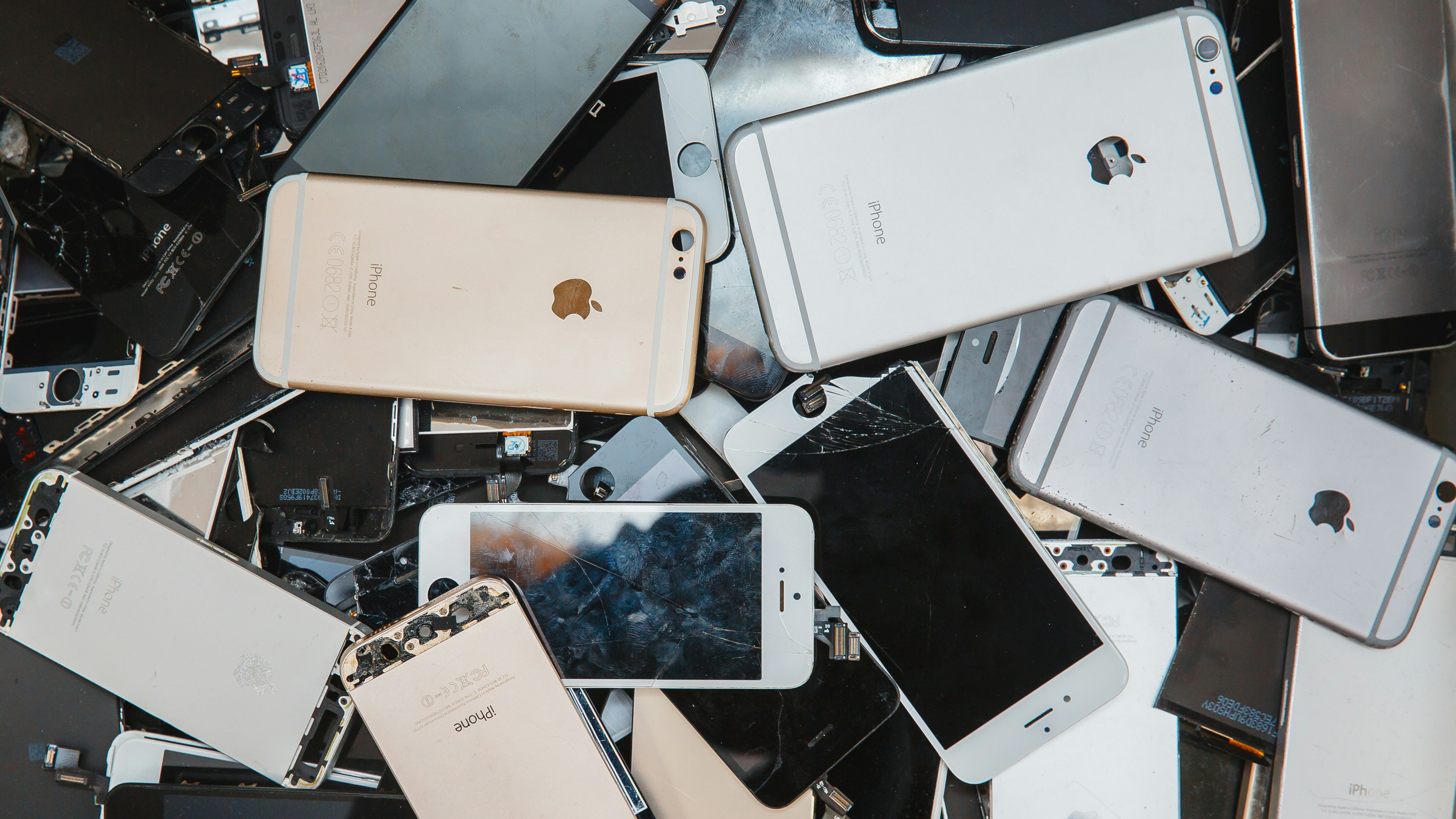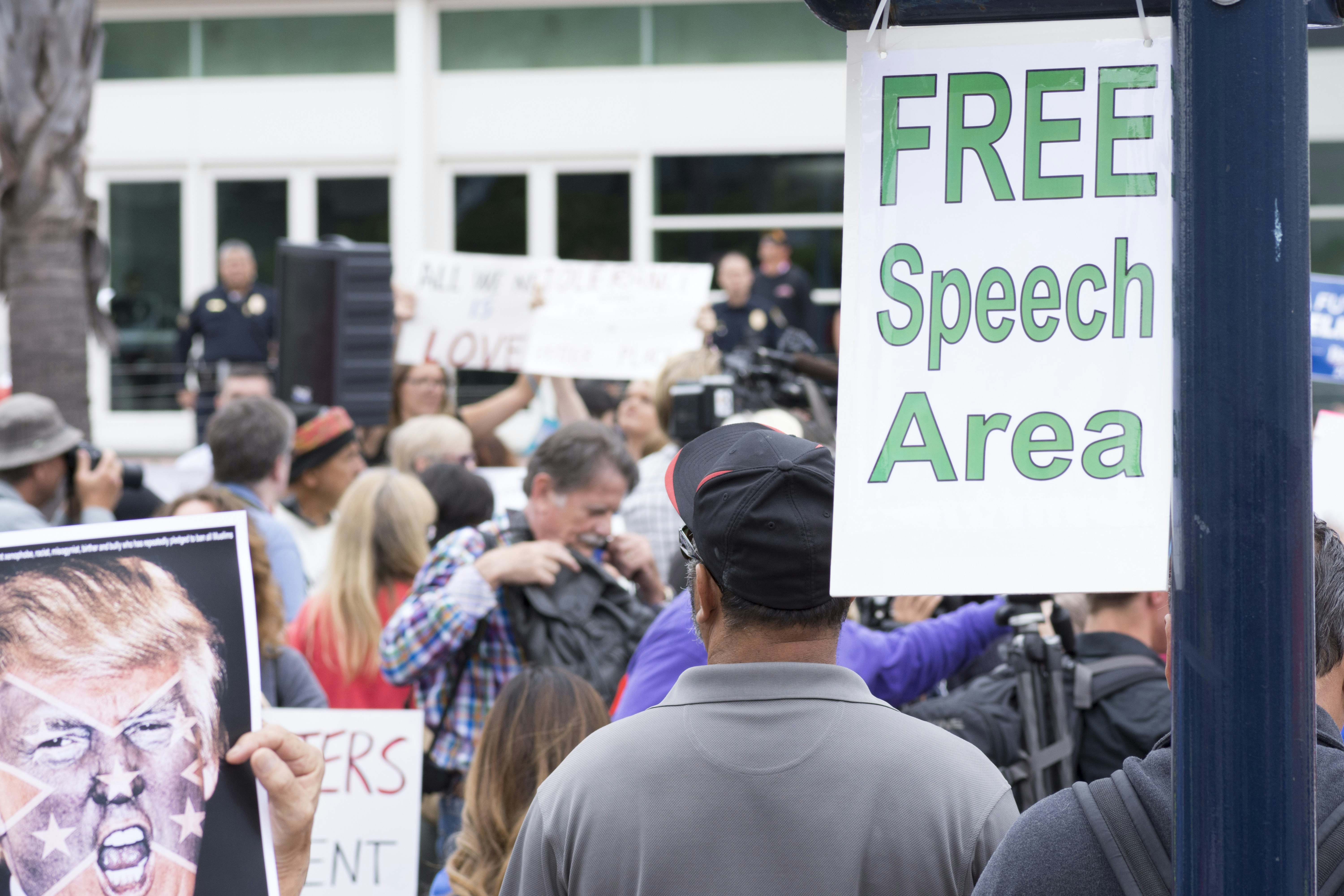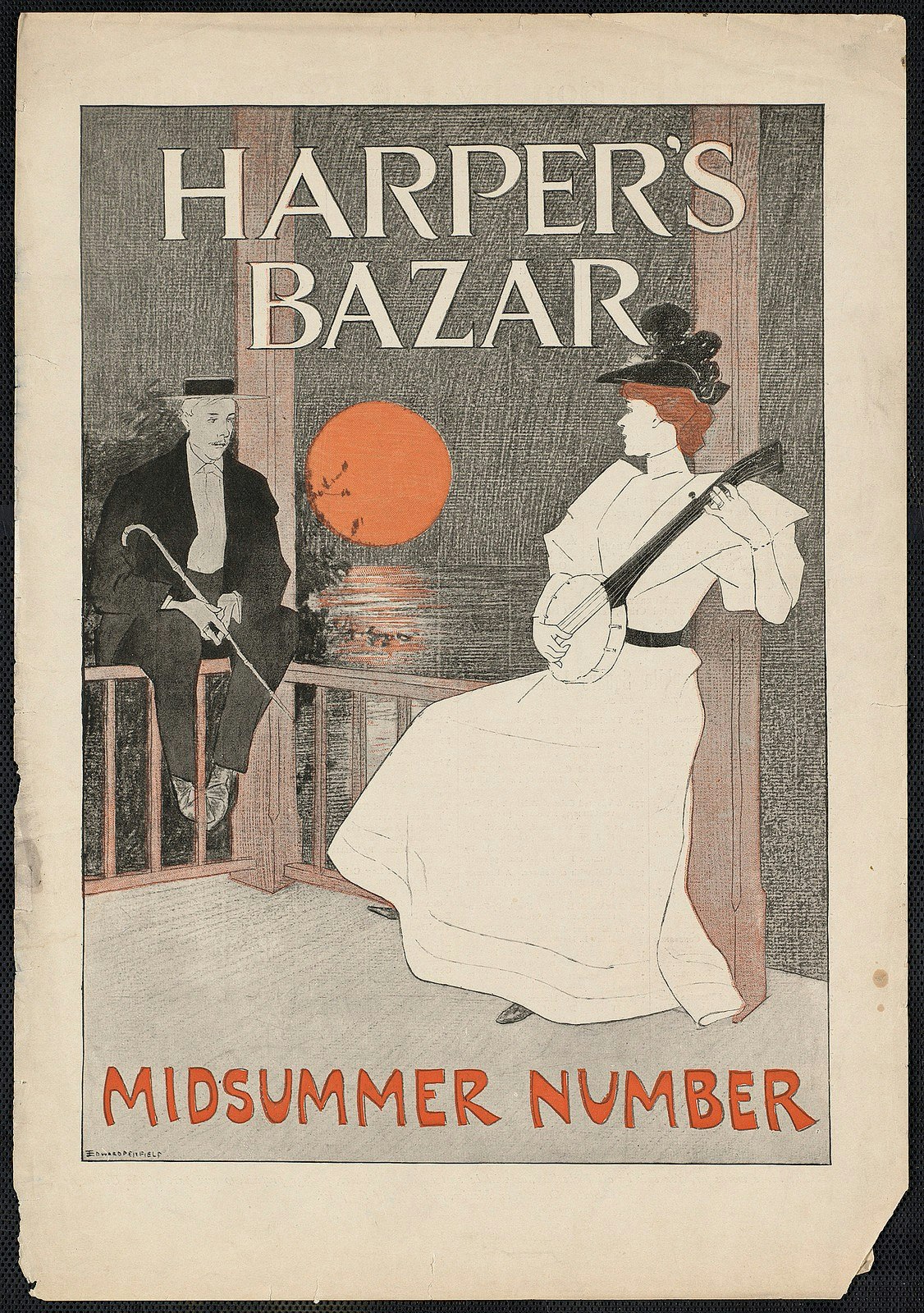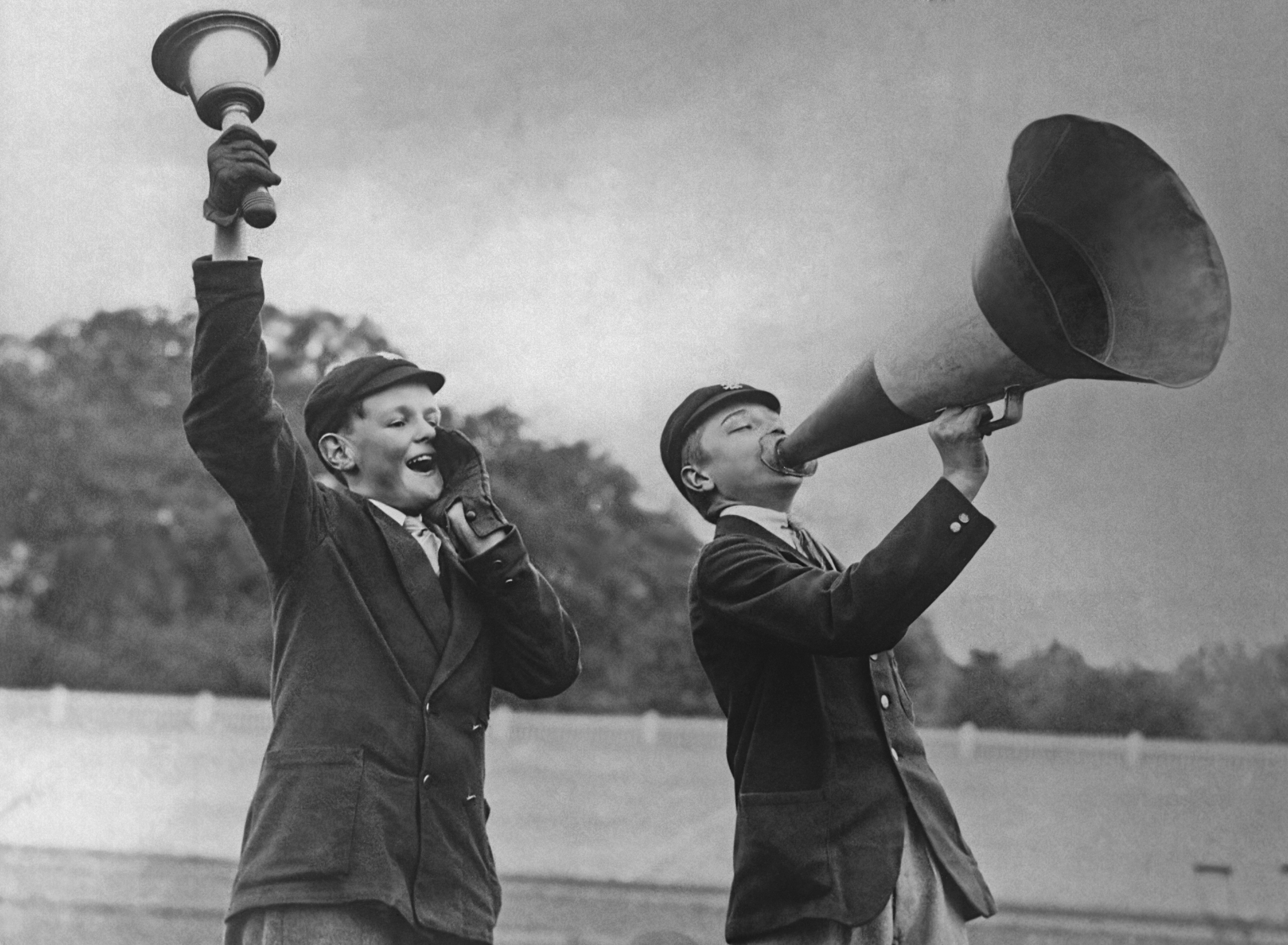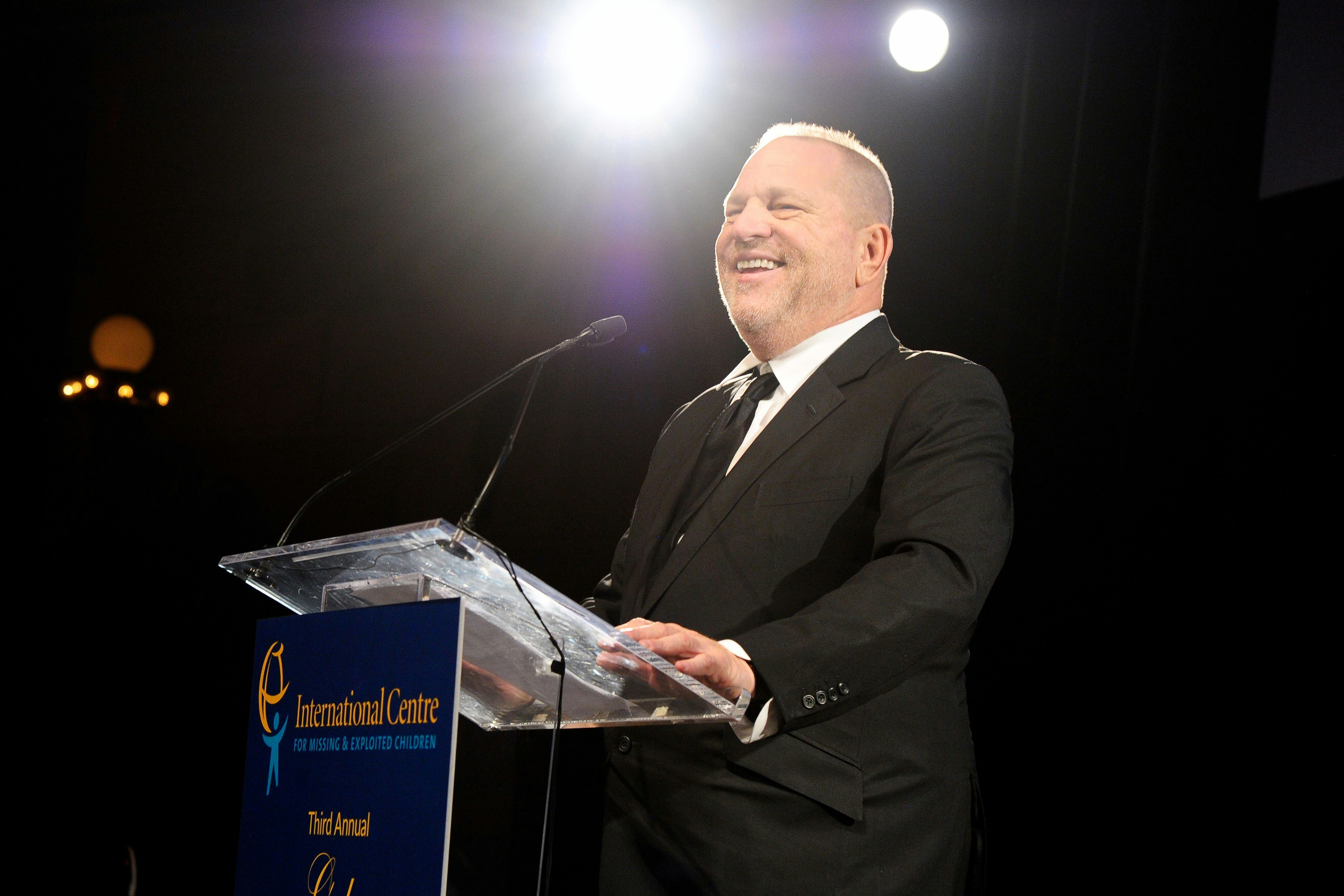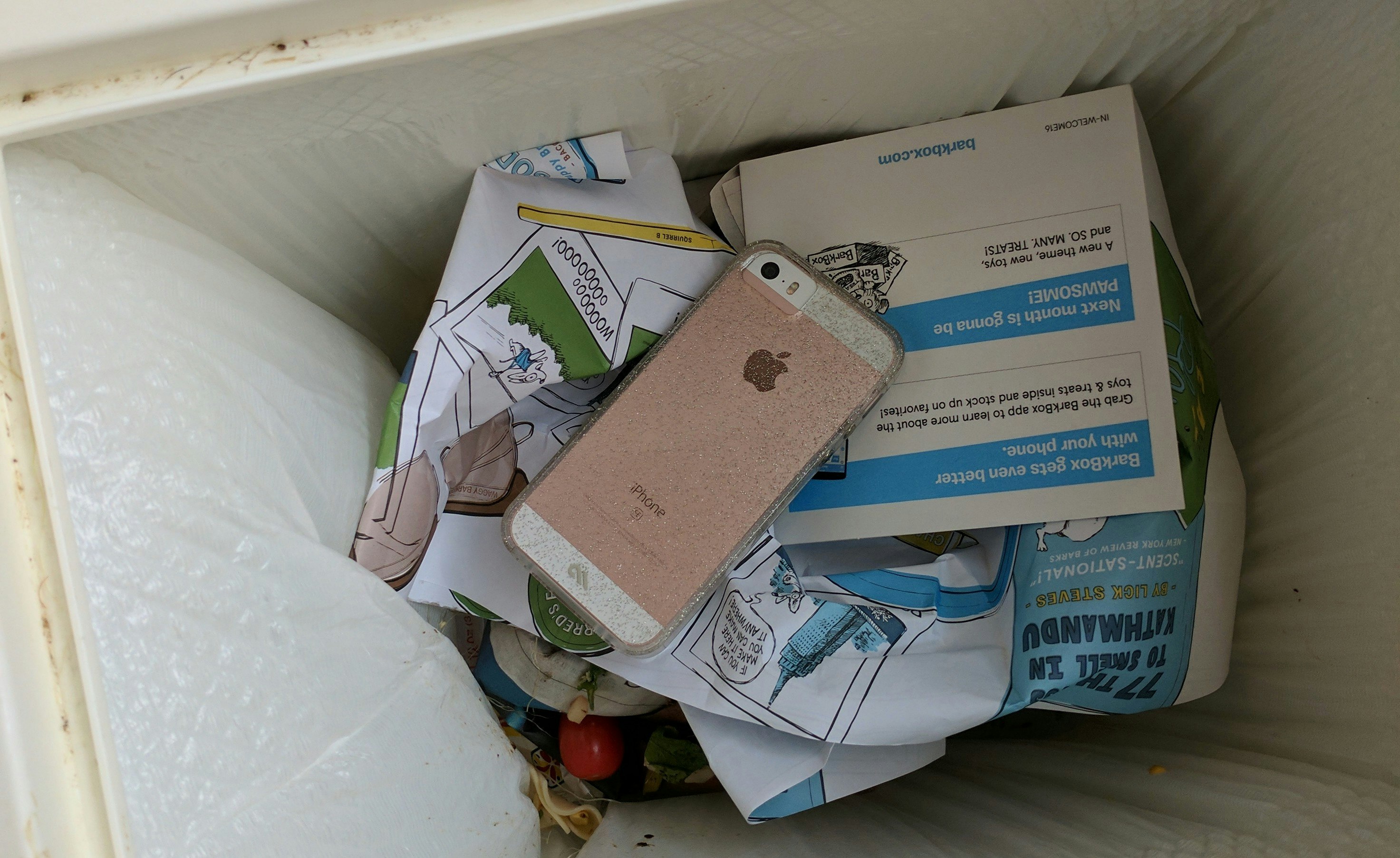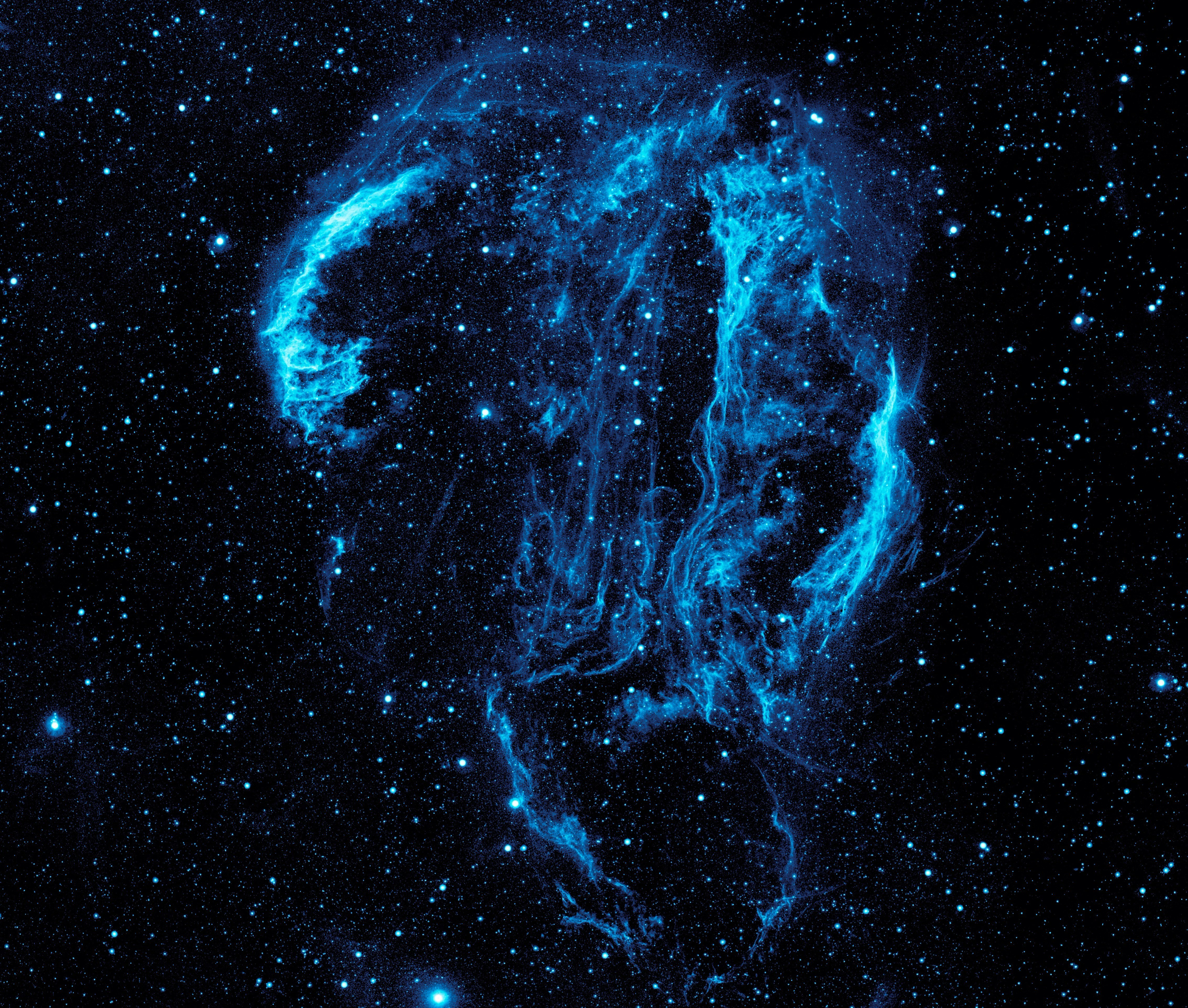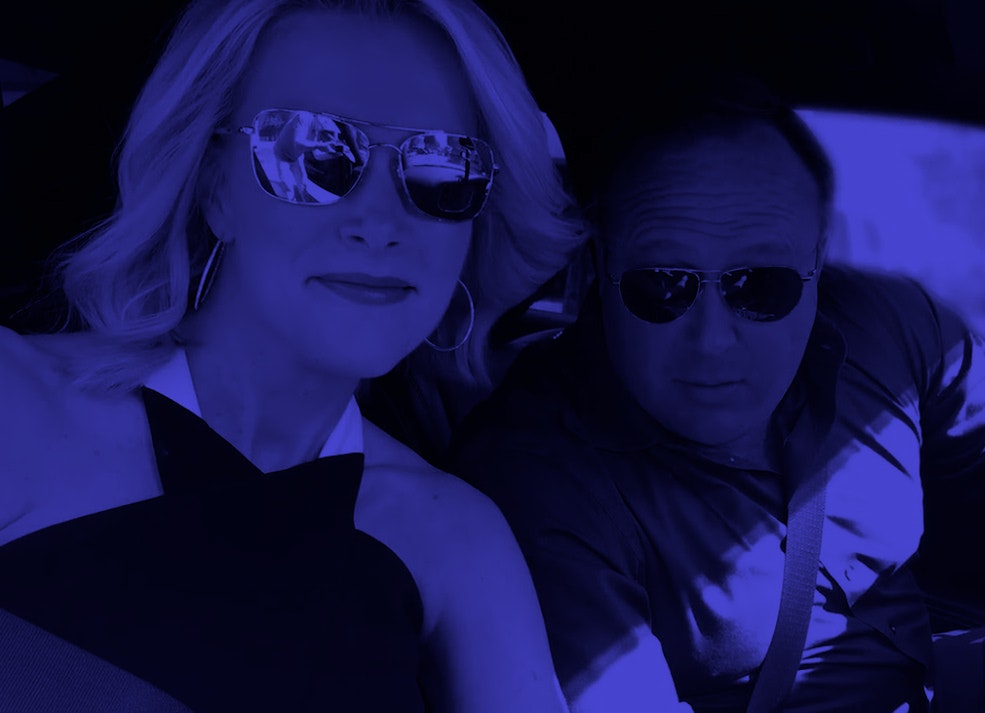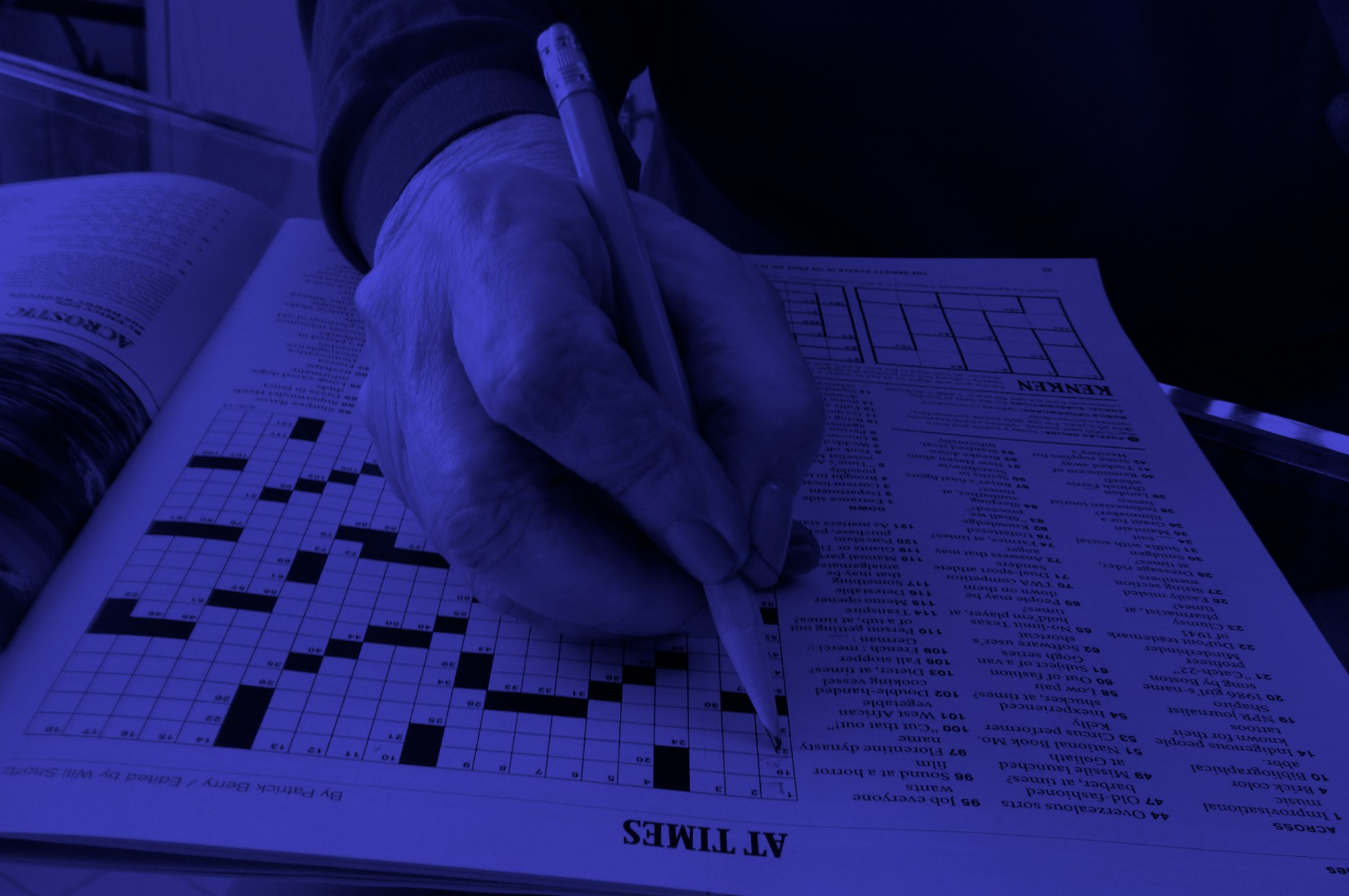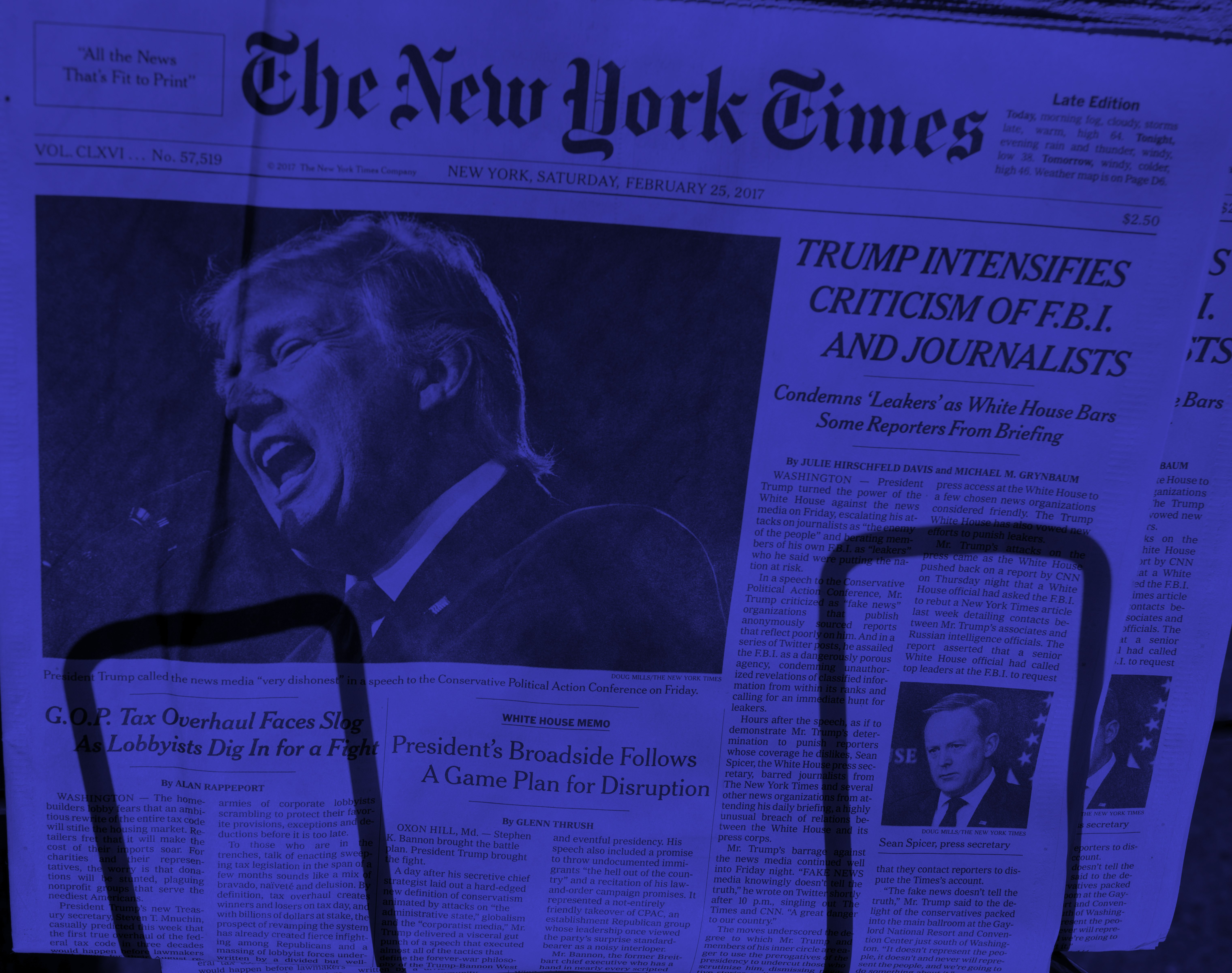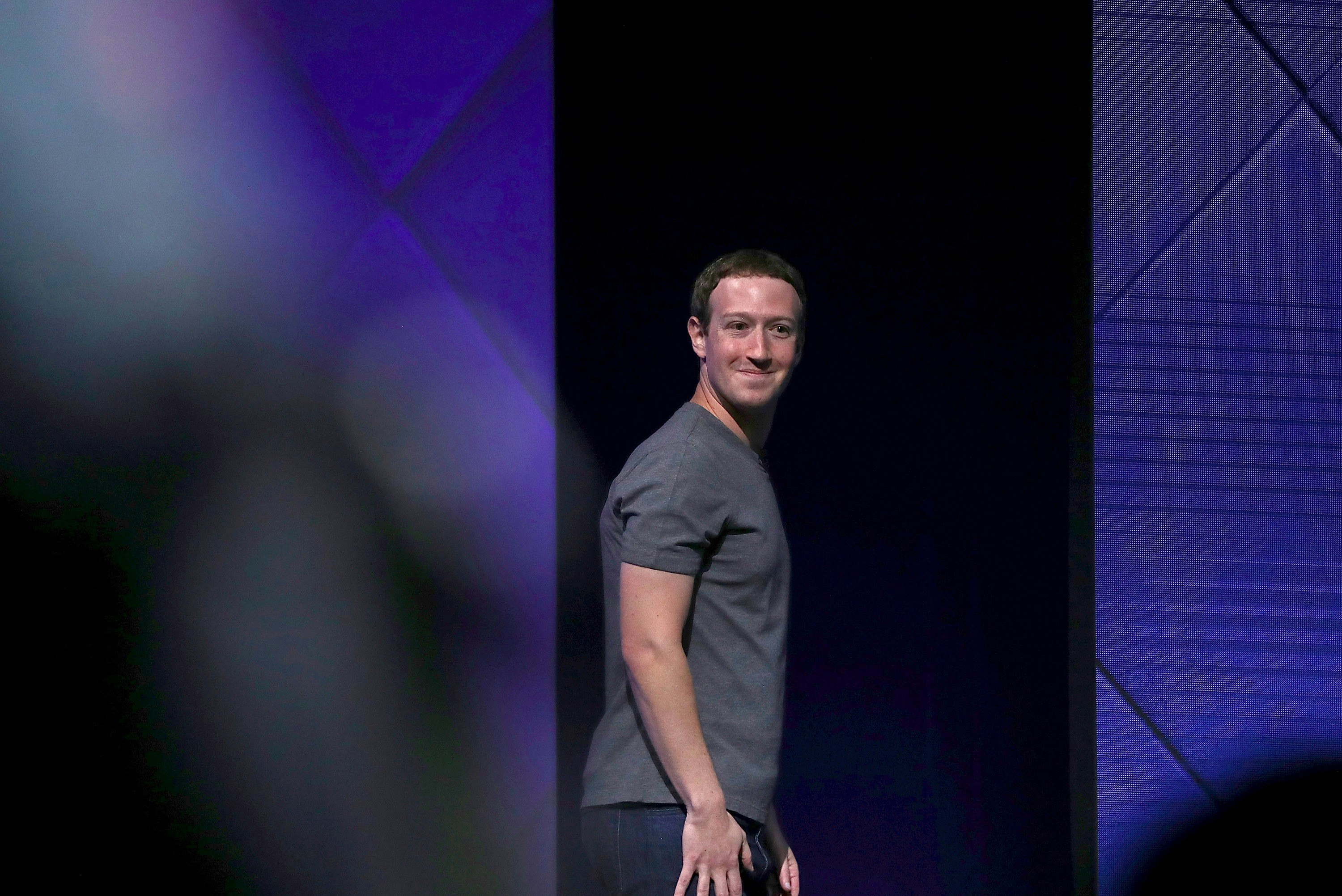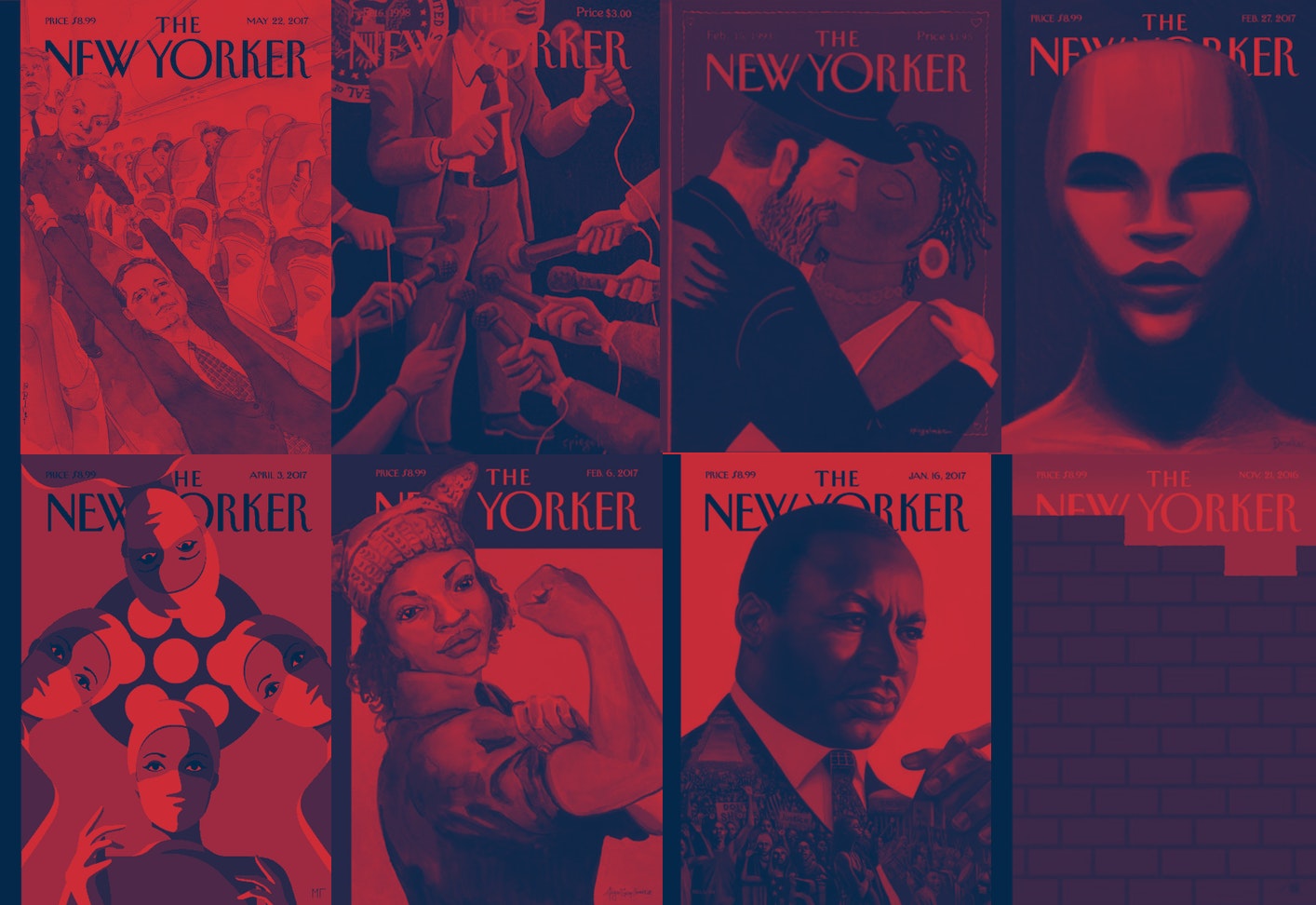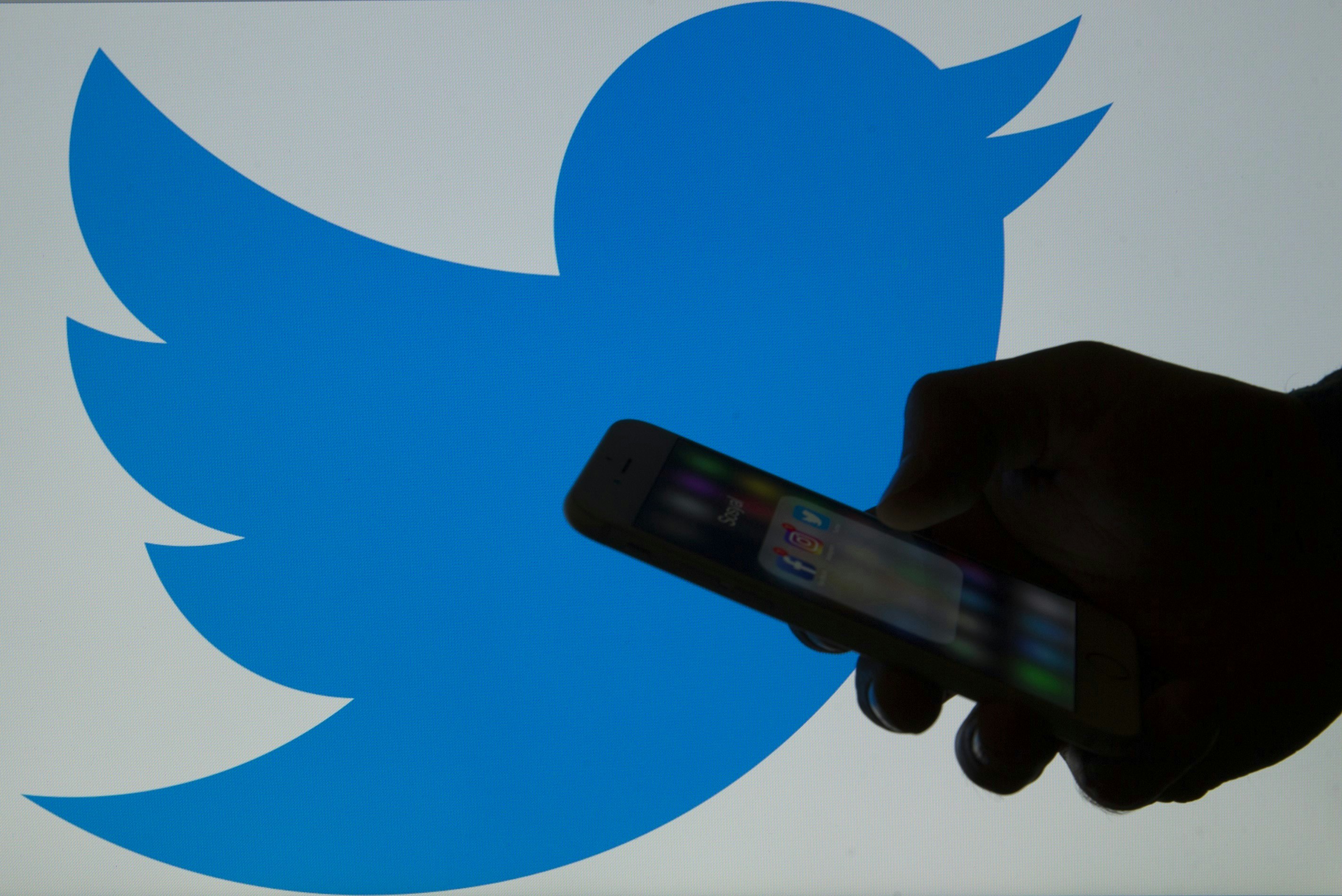Saturday Night Live is not such a terrible show on its face, even though it has long been a breeding ground for horrible men. (I was gonna say “showbiz, lol” here, but this really applies to all industries, lol.) Two out of twelve sketches per episode are usually somewhat funny. Bill Hader will always be my No. 1 celebrity crush. Melissa McCarthy, an angel, is very good as Press Secretary Sean Spicer, just as she has been very good in every single movie she has been in, including Tammy. The “Melania Moments” series is clever. Unfortunately, the premise of SNL — something marginally entertaining to watch on a Saturday night if you are home with your parents and not out ice skating with the élite show choir because you were not chosen for it three years in a row (this example not drawn from personal experience) — is undermined by the media, which assigns the show an outsize significance by writing about it as if it were the fifth branch of government. “Can SNL topple the Trump administration?” asked a recent headline from CNN’s opinion section, which is, as best I can tell, written by toddlers in a very advanced Montessori program. No. The answer is no.
How did SNL become the most important force in America, apparently more likely to unseat Trump than the media tasked with covering him or the government charged with challenging him? To understand this, we must revisit the blog industrial complex. SNL is the perfect show for bloggers, providing a cornucopia of pre-made content that needs little writing to supplant it. (If there’s one thing bloggers hate, it’s writing.) You drop an SNL video into a CMS and add a one-sentence description of the video and bam. Content. I’ve done it. It’s wonderful. This content creation model holds for most late-night comedy shows. In 2014, my former colleague Jack Mirkinson, once the editor of The Huffington Post’s Media section, wrote about the phenomenon of websites large and small packaging clips of John Oliver’s show from the night before with imploring headlines: “The 80-Minute John Oliver Rant You HAVE to See to Believe!” “Here’s why it happens,” Mirkinson wrote. “Because Oliver and his team deliberately produce a kind of media that is perfectly designed for right here, right now.”
Weirdly not much seems to have changed since 2014, at least in the way we package content. It is still very easy to embed a video into a post; those posts still do uniformly well and, as Mirkinson wrote, “when you’ve got one eye on your traffic and another on your Facebook stats, you learn quickly to cherish those personalities and topics that can be counted on to reliably deliver the goods.” Unfortunately for us all, just because something is posted on a website doesn’t mean it matters. Usually the opposite. In any case, there exists an unctuous relationship between the media (traditional, print/digital hybrid, start-up) and late-night media (satire, fake news). Media organizations report the news. SNL makes fun of the news. Media organizations report on SNL making fun of the news they just reported. This adds to the glut of meaningless internet content while affording us little distance from what we are consuming. Welcome to the elliptical, bacchanalian clusterfuck known as postmodernism.
Just because something is posted on a website doesn’t mean it matters.
So yeah, the media sucks and is broken, what else is new. But there’s something else bothersome about the recent deification of SNL. In a 1993 essay for The Review of Contemporary Fiction, David Foster Wallace (the only penis-holding/male author I can stand to read in Trump’s America) noted that the premiere of SNL, in 1975, coincided with a shift in American culture; the earnestness of television programming commingled with Nixon’s malignant vapidity and horrific images from Vietnam. This artless merging of sincerity with irony resulted in a recursive futility that continues to emanate from many television programs today.
“Television both fears irony’s capacity to expose, and needs it,” Foster Wallace wrote. “It is ironic that television is a synchresis that celebrates diversity. That an extremely unattractive self-consciousness is necessary to create TV performers’ illusion of unconscious appeal. That products presented as helping you express individuality can afford to be advertised on television only because they sell to huge hordes.”
Perhaps it’s because it works within the confines of these dualities that SNL, a consistently self-referential apparatus that doesn’t attempt to reach beyond the confines of the box in which it is watched, remains a show worthy of producing. SNL may lightly offend and provoke and, in rarer instances, delight, but it will not incite revolution, even if it gives Donald Trump a sore finger from rage tweeting.
This deployment of self-conscious, knowing irony is present on nearly every late-night television show, except it’s cast as somehow brave or moral: Samantha Bee reached over the aisle and played host to Woke Glenn Beck (still a terrible bigot), Trevor Noah shared cupcakes with Tomi Lahren (still a terrible bigot), Jimmy Fallon, for reasons inexplicable to this day, touched Trump’s hair (still a terrible bigot). We laugh but at what, or whom, are we laughing? The joke is mostly on us. The people whose jobs it is to convey this type of low-stakes humor are not concerned with effecting change, and even less with cultivating an audience outside of their cosseted, exclusive sphere. Although they may address politics, they’re free from the responsibility that comes with being involved in politics. Indeed, last spring, one of SNL’s head writers odiously tweeted: “Donald Trump is winning because everyone you’ve ever been on a bus with gets to vote too.”
In January, Bee announced that she would host a dinner on the same night as the White House Correspondents’ Dinner called “The Not White House Correspondents’ Dinner.” This comedic publicity stunt queasily evokes an earlier comedic publicity stunt, Jon Stewart and Stephen Colbert’s “Rally to Restore Sanity and/or Fear” in 2010. The rally, which one writer called “history’s largest act of press criticism,” featured “stump speeches” from Stewart and Colbert criticizing the press and the problem of “fake news.” Two hundred thousand people flocked to Washington, D.C., to attend the event, but not all were impressed by the disaffected, cool-guy posturing. As David Carr wrote at the time: “It was a beautiful day on the Mall, and who doesn’t like kicking the press around, but speaking of ants, media bias and hyperbole seem like pretty small targets when unemployment is near 10 percent, vast amounts of unregulated cash are being spent in the election’s closing days, and no American governing institution — not the Senate, not the House of Representatives, not even the Supreme Court �� seems to be above petty partisan bickering.” Janet Malcolm put it more succinctly, calling the rally “a giant preen-in.”
The joke is on us.
For all its showmanship, the comedy of our late-night entertainers is perhaps the most ineffectual political tool, its cudgel too often aiming for the easiest possible target: the media from which it gets all its material. (As Foster Wallace wrote, “real rebels risk things.” SNL takes no risks.) Comedy doesn’t matter under fascism; the best spoof of the Trump Administration is the Trump Administration itself. You know who would really be a hilarious choice to play Sean Spicer? Sean Spicer.
Get Leah Letter in your inbox.
